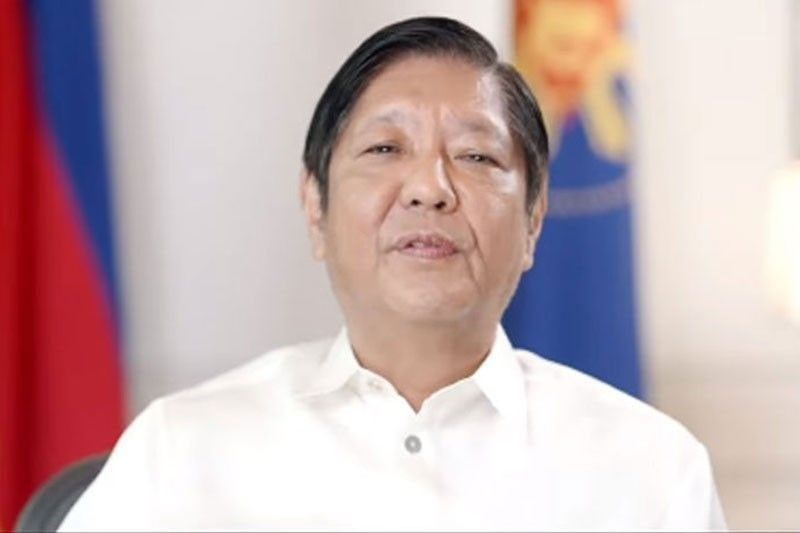Senior Deputy Speaker Aurelio Gonzales Jr. of Pampanga and Deputy Speaker David “Jayjay” Suarez of Quezon province have demanded an investigation into a deepfake audio recording that purportedly imitated the voice of President Ferdinand Marcos Jr. ordering military action against China. The spread of this audio, which Gonzales labeled as a “malicious dissemination of fabricated information,” has not only raised serious concerns regarding national security but also the potential to escalate tensions and disrupt diplomatic relations.
Gonzales underscored the gravity of the situation, stressing the urgent need for the Department of Information and Communications Technology (DICT) and its Cybercrime Investigation and Coordinating Center to swiftly investigate and prosecute those responsible for creating and disseminating the deepfake audio. “We cannot afford to let this happen again,” Gonzales remarked, emphasizing the severe dangers of fake information destabilizing national security.
Meanwhile, Suarez echoed Gonzales’s sentiments, urging government agencies to update the House of Representatives regarding the progress of their investigation. Suarez also proposed the involvement of the private sector, if necessary, to expedite the process and ensure a thorough investigation. He suspected the “bogus material originated somewhere in the south of the country,” although he provided no evidence to support this claim.
The emergence of the deepfake audio, coinciding with escalating tensions between Manila and Beijing in the West Philippine Sea, adds another layer of complexity to the geopolitical landscape. This potential link underscores the far-reaching implications of this issue. Former President Rodrigo Duterte and his political allies, particularly those from Davao City, have been actively criticizing Marcos and current government policies related to the maritime dispute.
In response, Suarez called upon military personnel to adhere strictly to official communications channels and to exercise caution when faced with unofficial directives. “I believe in the professionalism and patriotism of our soldiers,” Suarez remarked, highlighting the importance of maintaining discipline within the armed forces and the potential risks of acting on unofficial information.
The National Security Council has suggested that the fake audio may be linked to the ongoing Balikatan exercises involving the Philippines, the US, and other partners, further complicating the situation.
As the investigation unfolds, the government faces the critical task of combating the spread of misinformation and safeguarding national security in an era where digital manipulation poses increasingly sophisticated threats.






